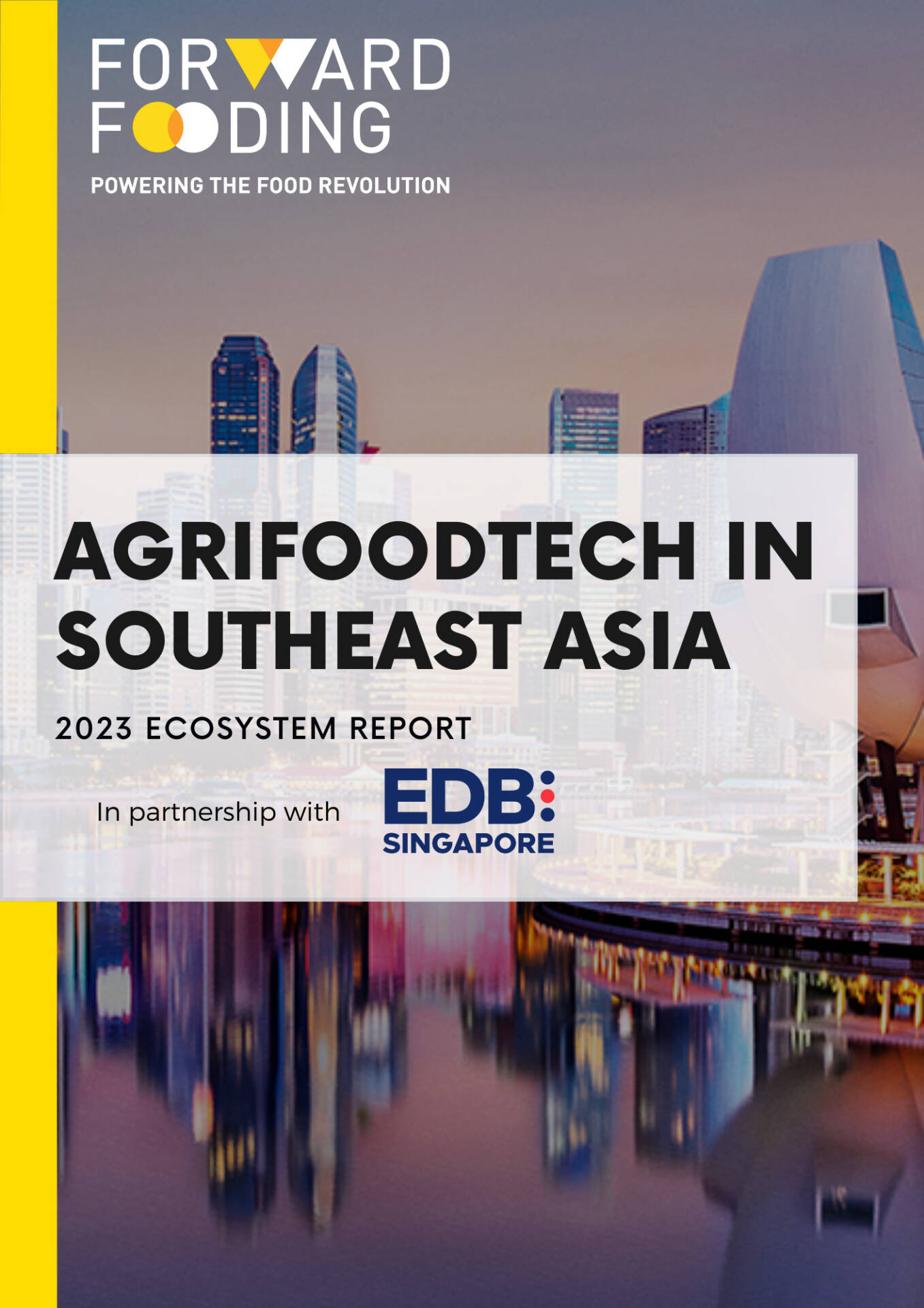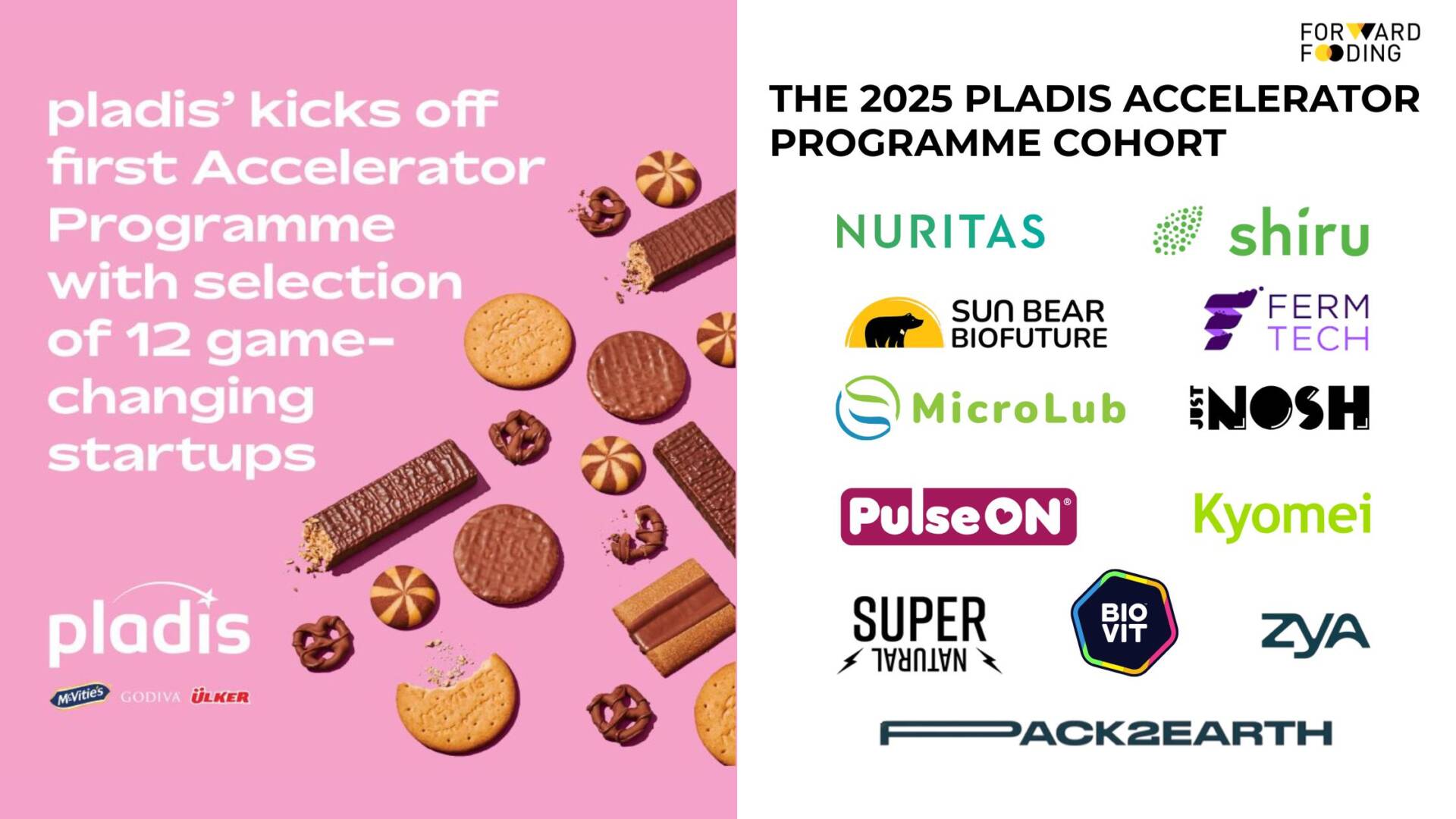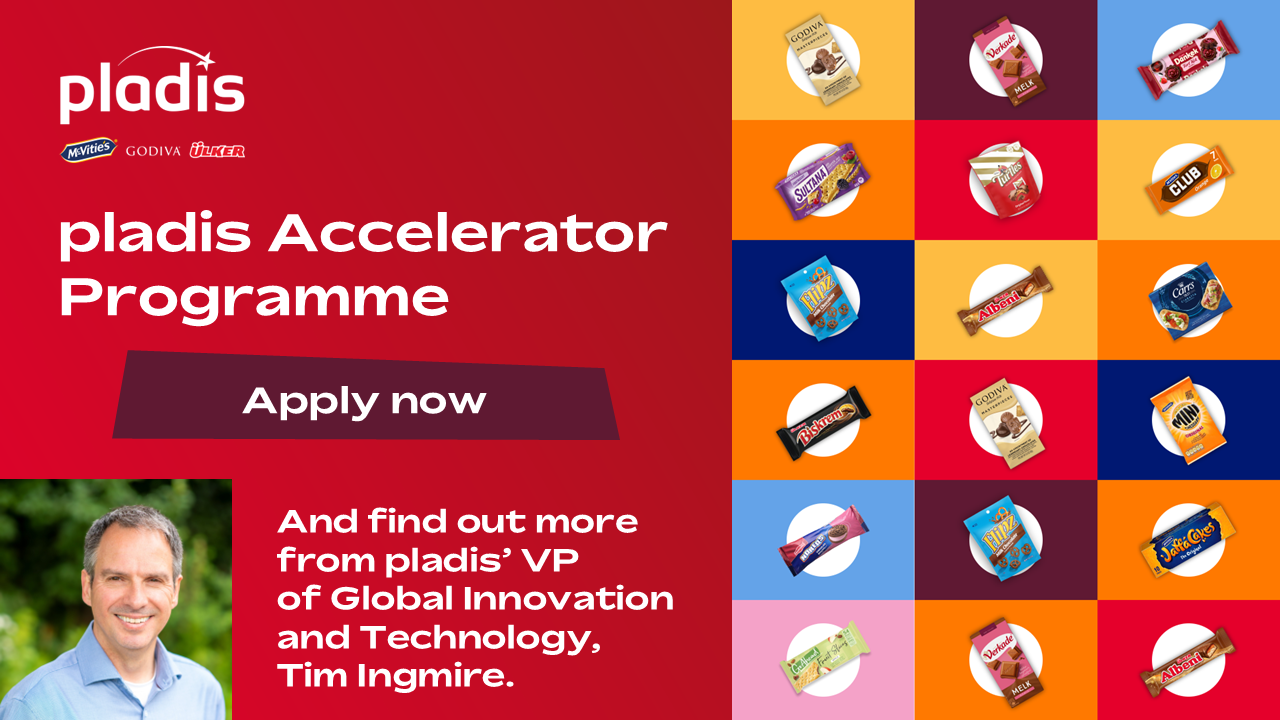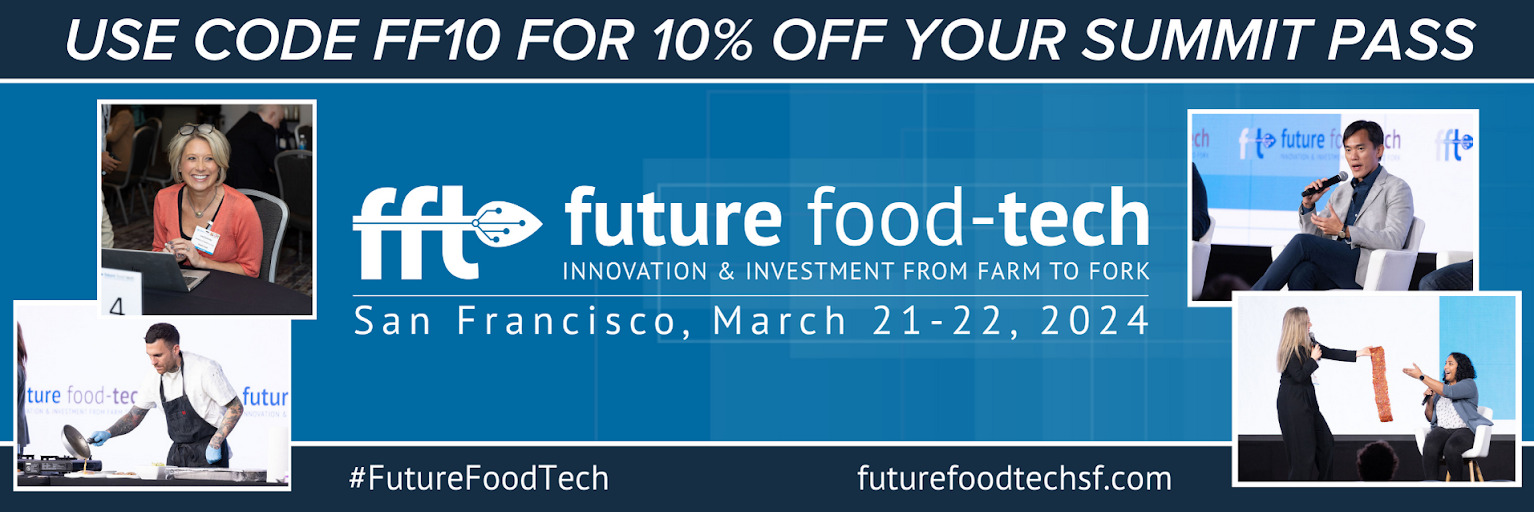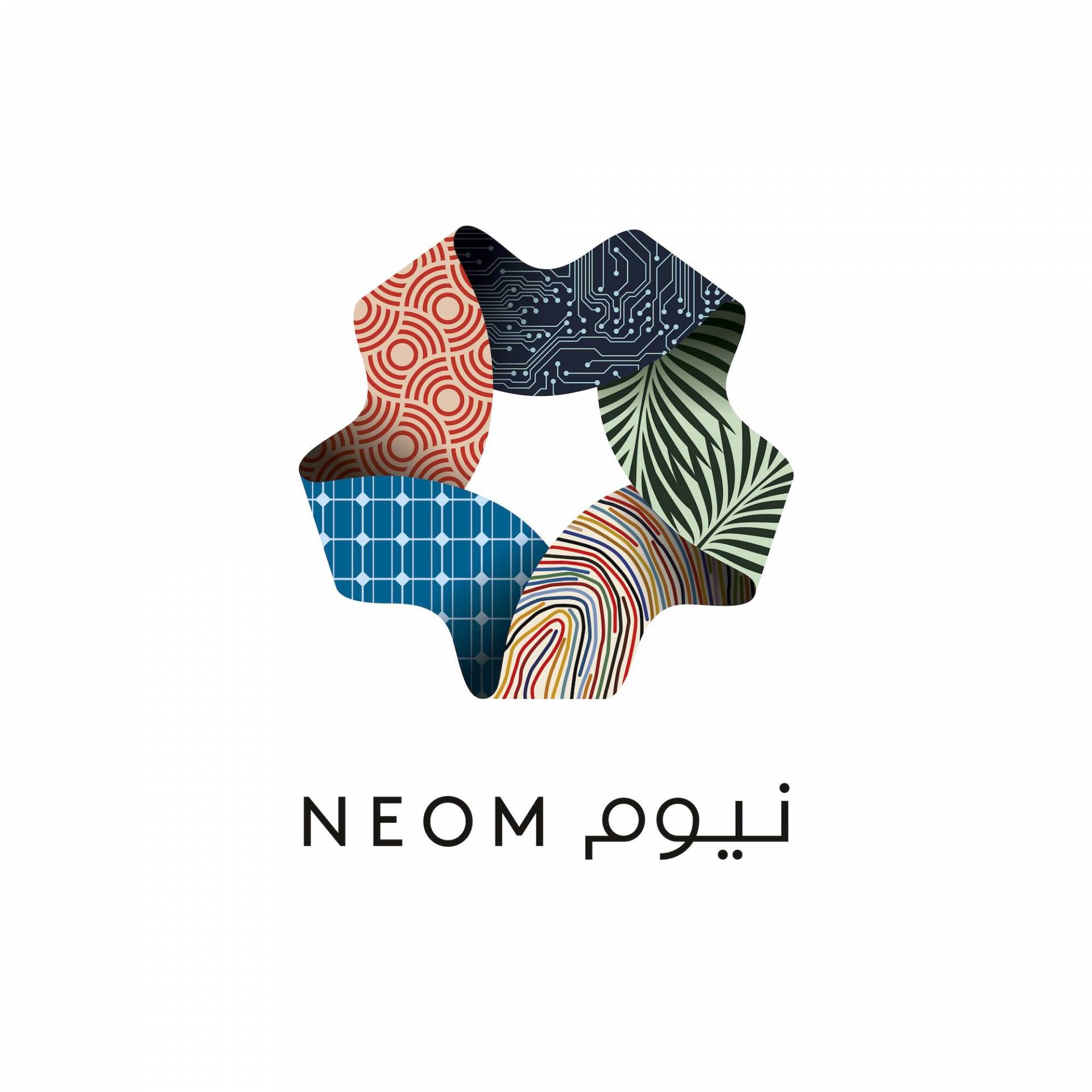FORWARD FOODING
THE BLOG
How FoodTech is boosting food security in the GCC region

In the wake of a global energy crisis brought on by the war in Ukraine, Western countries are once again turning to oil and gas producers in the Gulf in order to diversify their energy sources. Countries like Saudi Arabia, UAE and Qatar are back in the spotlight, with new opportunities to remain pivotal players in the decades to come. But energy isn’t the only commodity reshaping the Gulf states. There is a food crisis looming on the horizon, and with it the threat of an uncertain future.

InnovaFeed insect protein facility
The Gulf region is known for its desert climate and scarce water availability, which affect agriculture and food production. Although the six Gulf Cooperation Council countries (GCC) enjoy high levels of food security, these nations have come to rely heavily on foreign sources in recent decades, and today import about 85% of their food. Economic power has gone a long way in past years, allowing the Gulf states to outsource their food production effortlessly. However, recently this system has begun to show its limitations. In the wake of the Covid-19 pandemic, as supply chains slowed and countries struggled to adapt to a new normal, the financial ability to procure goods was no longer a guarantee of success. The turmoil that ensued led to concerns for the future of food security in the region. It was the latest in a series of wake-up calls for local governments, highlighting the need to strengthen local food systems. In the past few months, FoodTech investments in the region have intensified. New initiatives and partnerships have made the news, revealing GCC countries’ commitment to a new way forward.
In our Middle East report, created in partnership with NEOM, we mapped the region’s main players and innovation hotspots with the help of our FoodTech Data Navigator. Below is a table highlighting investment growth and the number of key players in the sector.
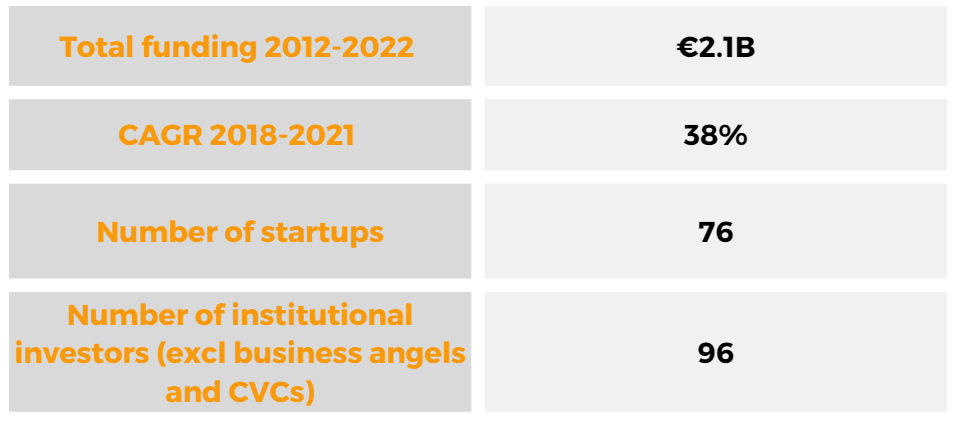
Source: FoodTech Data Navigator
To present a complete picture, we’ll now take a closer look at what has been happening in the Gulf Foodtech space. We’ll do it by looking individually at the most active countries and the notable initiatives that have been launched there.
UAE
The UAE was one of the first GCC countries to recognize the importance of FoodTech as a means to fight against climate change and achieve food self-sufficiency. In 2021, the country unveiled the first of a series of projects aimed at tripling its food production, a major innovation district combining laboratories, research centers, and prototype agricultural systems. The district will serve as a global destination for FoodTech innovators and will offer financial incentives to startups operating within the project thanks to a recently-signed agreement with the Emirates Development Bank.
Last year, startup activity surged across the Gulf, and the UAE led the way.
In June 2022, Emirati vertical farming operator Pure Harvest raised a massive $180.5M to expand into the Gulf Cooperation Council and Asia markets. Soon after, Crop One and Emirates Flight Catering announced the opening of a new vertical farming production facility, claiming it is the world’s largest vertical farm. Another major deal was struck by Change Foods and Abu Dhabi Ports, who plan to build a 1.2-million-liter fermentation facility to produce animal-free cheese.
Lastly, in November, government agency Tamkeen and the UAE Ministry of Climate Change and Environment launched the FoodTech Challenge, a $2 million competition seeking to identify technology innovations capable of efficiently and sustainably transforming traditional agricultural practices.
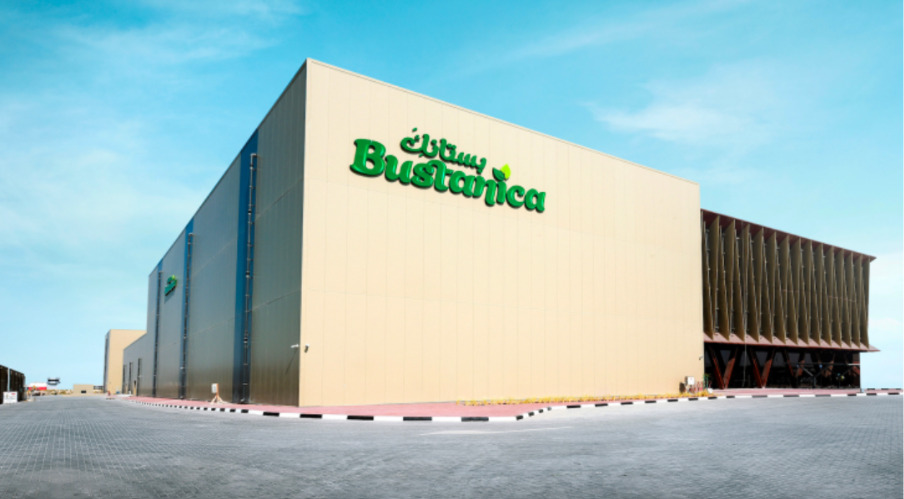
Crop One’s production facility in Dubai
Qatar
Another contender for the top innovation hotspots in the Gulf region, Qatar is following a similar path to food independence to the UAE. The country pursues this strategy by financing startups globally via government-backed funds and engaging with startups on local projects. Early in 2022, Qatar’s sovereign wealth fund led a $250M investment round in French vertical insect farm operator InnovaFeed. The Qatari government had also targeted alternative proteins back in 2021 when it joined forces with Eat Just to establish a $200m+ cellular-cultured meat hub. More recently, microbial fermentation company Unibio and Doha-based industrial biotech investor Gulf Biotech announced plans to build a 9,000-tonne capacity plant to convert methane to a valuable feed ingredient through continuous fermentation.
Rest of the Gulf
As we mentioned before, several groundbreaking food innovation projects are underway in the region. The most prominent example is NEOM, a futuristic city that set out to produce 600,000 tons of food by 2030 to help Saudi Arabia achieve food independence. Oman has also taken steps to increase its food security. Last spring, for instance, Oman’s Sovereign Wealth Fund established a joint venture with mycelium solutions company MycoTechnology to produce high-quality mushroom-based protein from locally-grown dates.

Image of the Hexagon, a NEOM project
What will happen next
All over the world, FoodTech is proving to be a necessary tool for building resilient food systems. This tool is particularly valuable in the Gulf region due to its harsh weather conditions and looming climate challenges. GCC countries’ steady economic growth and innovation needs are creating new opportunities for F&B companies and will likely continue to do so in the future. Some companies have already seized the opportunity and established their foothold in the region (see Pepsico’s Greenhouse Accelerator). On the consumer side, a growing taste for sustainable foods will drive even more investments into AgriFoodTech solutions. These investments will come from local industry players like IFFCO and global companies alike.
Do you want to learn more about the FoodTech in the GCC region, its challenges, and opportunities you can harness? Download the last report of the Middle East, created in partnership with NEOM, where we mapped the region’s main players and innovation hotspots with the help of our FoodTech Data Navigator. And keep following our page to keep up to date with our latest posts, access our Food Data Navigator HERE to discover more about the companies analysed in this blog post, or get in touch HERE for a tailored consultancy.
Follow us
Sponsored Articles
9 July 2025
Forward Fooding celebrates the selection of 12 pioneering startups for the inaugural pladis Accelerator Programme. From water lily popcorn to sugar-converting enzymes, these innovations represent the future of snacking, addressing obesity, sustainability, and personalized nutrition through cutting-edge food technology.
21 March 2025
Tim Ingmire, VP of Global Innovation & Technology at pladis, discusses how the snacking giant is supporting early-stage startups in foodtech, health, and sustainability through their accelerator program. Learn about their focus on personalized nutrition, functional foods, and future ingredients to bring innovative, delicious products to consumers worldwide.
8 February 2024
Future Food-Tech returns to San Francisco on March 21-22 Over 1,700 food-tech leaders, from CPG brands, retailers, ingredient providers, [...]
1 February 2023
The 4th edition of FoodTech 500 is taking off and we are excited to partner with NEOM for the third consecutive year to support the best international AgriFoodTech entrepreneurs.
10 February 2022
One of the elements we enjoy the most here at Forward Fooding about working with AgriFoodTech startups is being [...]
